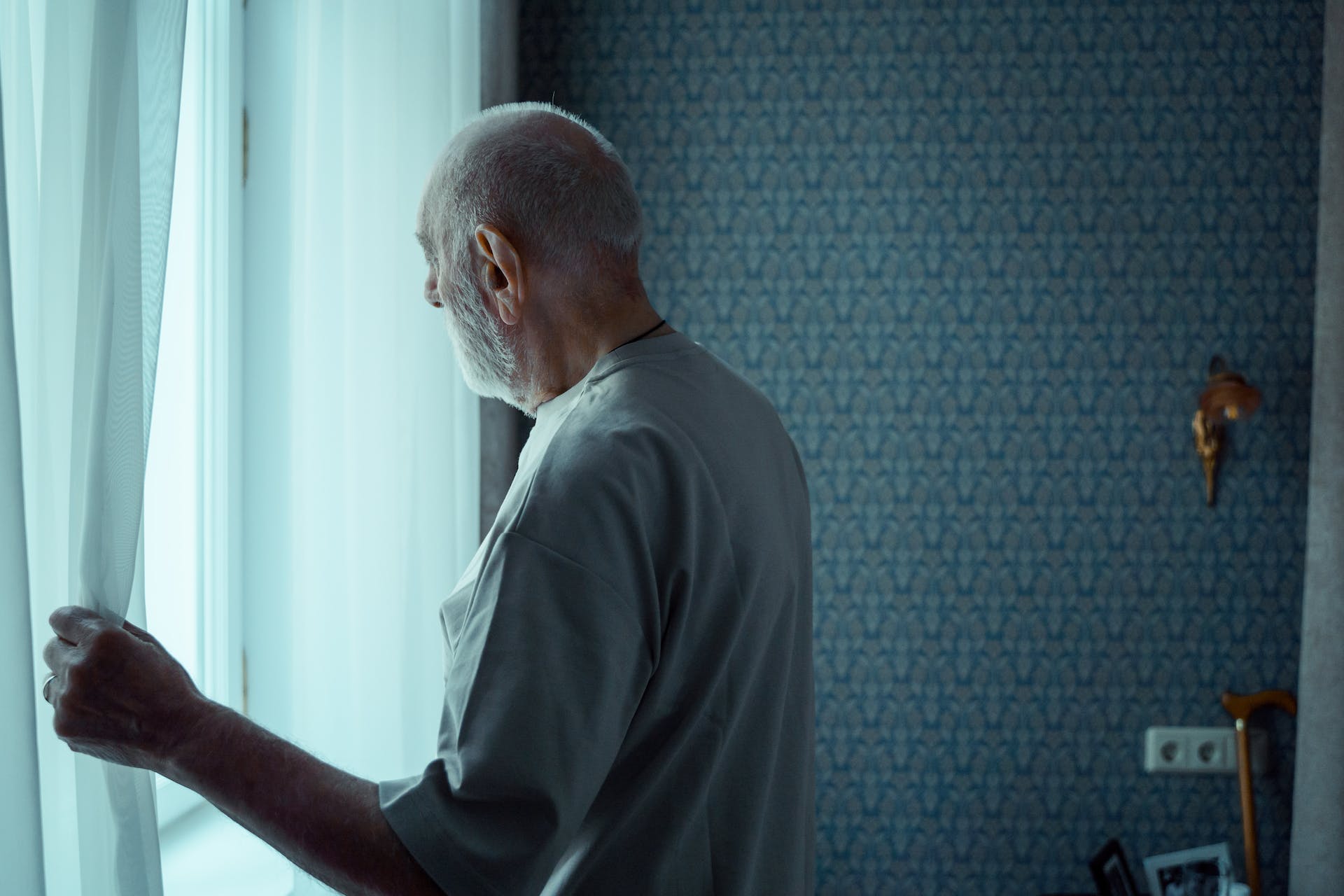Seniors living in their homes or an assisted living or care facility often experience feelings of social isolation, especially around the holidays. Social isolation in older adults could increase their risk of developing dementia by 50%, incident coronary artery disease or stroke by 30%, and general mortality by 26%.
Social isolation is commonly described as someone with “a low quantity and quality of contact with others.” Many seniors develop feelings of loneliness and social isolation after physical changes (illness) or life changes (like the loss of a family member or moving from their family home). Other factors like financial struggles and lack of transportation can also contribute to social isolation in seniors.
However, you can help your older adult friends and family stay healthy and minimize feelings of social isolation. A great way to increase socialization for older adults is through involving them in community events or programs. Here’s what you need to know about increasing socialization for seniors:
Benefits of community involvement for seniors
Getting away from your routines and environment can be healthy to avoid boredom and feelings of isolation. In seniors, it supports two core areas of their health:
- Psychological health: Getting into the community increases their sense of belonging, which can increase their self-esteem. They form relationships and bonds with new people, which also has additional benefits, including potentially decreased risk of depression and anxiety.
- Physical health: Getting out can support their physical needs, too. If they’re taking an exercise or sports class, they benefit from increased movement (which can support a healthy heart and body). Even walking to the community centre or around the park is an excellent opportunity for low-impact exercise they might not get at home.
By surrounding themselves with new people, they may develop new friendships and discover others with similar interests. This can lead to more social events (in the community or at home when new friends visit).
How to get your senior involved
Your community likely has many opportunities for seniors to get out of the house and become involved in their community through events, volunteering, or other social activities. Find an activity they enjoy doing so they’re more likely to attend regularly.
Here are some ideas:
- Join a club (look for a club or group that matches their interests, such as crafting, reading, games, exercise, or socializing)
- Register for an exercise class (there are many low-impact classes offered by community centres specifically designed for seniors to exercise and meet new people)
- Attend senior social events (your local senior organizations may host coffee or seniors social events at community centres or local coffee shops)
- Go to the library (the act of getting out of the house, even if they don’t socialize, can help reduce feelings of isolation)
- Volunteer (look for regular or seasonal volunteer opportunities for seniors)
- Get involved at church (church events are often very accommodating for seniors who want to work or help out at the church or church activities. They may even host seniors or community social events or game nights)
Talk to the senior in your life about how they want to get involved in their community and support them with registrations or transportation to these community events and activities.
Other ways to reduce seniors’ social isolation
If your senior is unable or unwilling to leave the house, but you’re worried about their social isolation, there are things you can do at home to support them. Here are some ideas:
- Play games: A well-exercised mind can help reduce feelings of isolation and loneliness.
- Set up video calls: Seeing their friends and relatives, even through the computer screen, can help them socialize.
- Send snail mail: Everyone loves getting a physical card or letter. Encourage family and friends to send them regular letters, cards, or pictures through snail mail.
- Access to healthcare: For seniors living at home, ensure they have access to regular healthcare, including vision and hearing care.
- Take them to the salon: Help the older adults get an appointment for a hair trim, cut, and style at a local salon.
- Get a pet: If they can, get them a pet they can care for at home. If not, bring your well-behaved pet to visit them often.
- Bring the kids: If they have young children in their family, short in-person visits with them can help boost their mood.
Additional senior’s resources
Your community may have other resources to help socialize isolated seniors. Here are some within BC you can contact for additional support or resources:
- Seniors Service Society of BC
- Voices of Burnaby Seniors Society
- Alzheimer Society of British Columbia
- Parkinson Society British Columbia
- Office of the Seniors Advocate (BC)
- Route 65 (BC Care Providers)
How an in-home care aid can help
Hero Home Care isn’t just for seniors who need medical support at home. Our team also provides other services to help your senior family member or friend live safely and healthily at home, including companionship care, personal care services, cooking and meal support, and transportation.
These socialization services are great for supporting seniors who don’t have family and friends to help or when those family and friends need a break or additional support that they can’t provide.
Get a free In-Home Care Consult today to learn how we can reduce feelings of social isolation for your loved ones.

